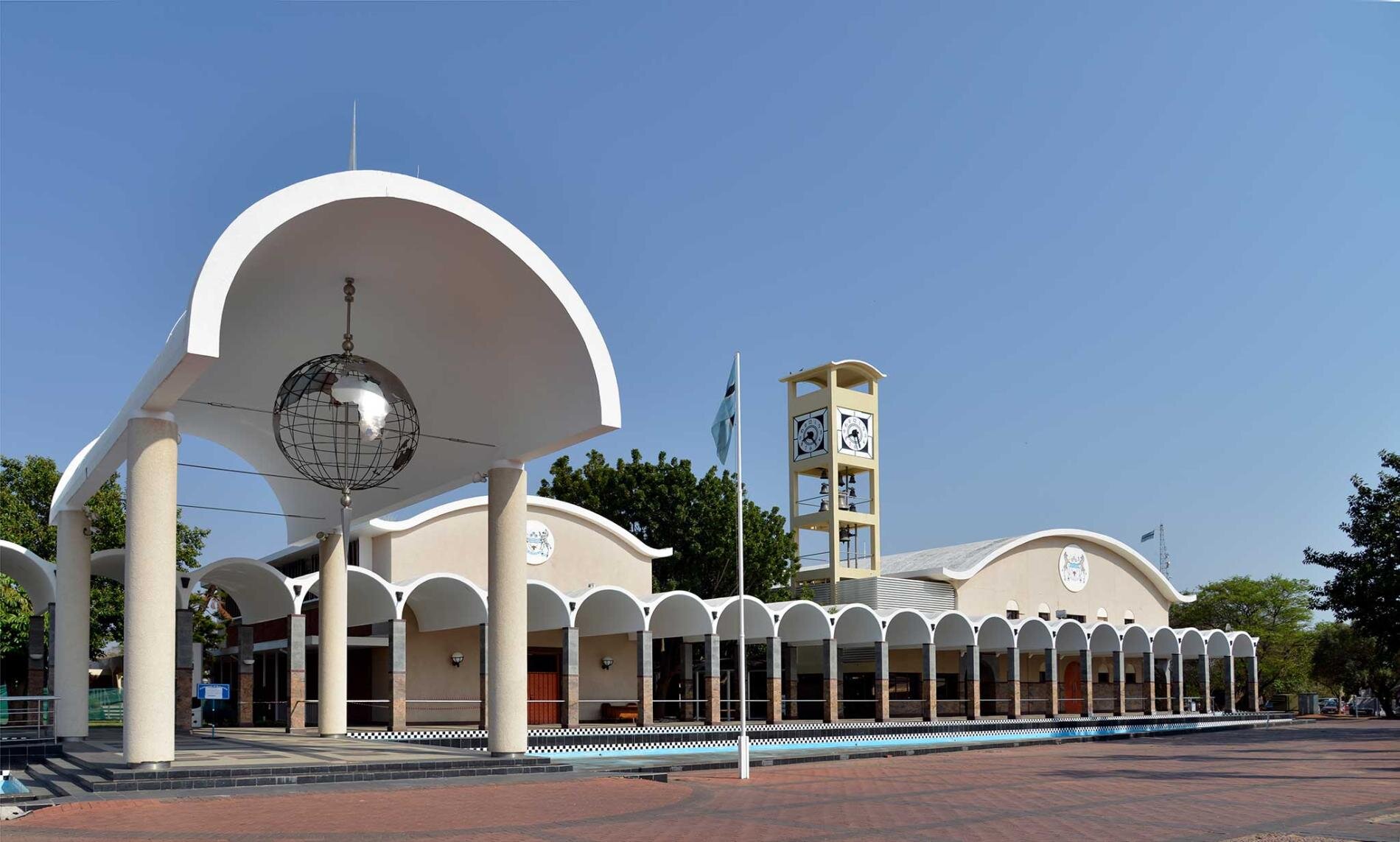Why You Need An Emergency Fund.
The festive season is upon us! On the other side is January, and it leads one to think, has there ever been an emergency bigger or more troublesome than January?
The jury is out on that question. But while the jury is out, here are some more common emergencies you might find yourself familiar with; Have you ever had your car break down, or start making some very disturbing noises mid-month? The type of noise that is very telling that your car needs some dire attention from your trusted mechanic. Have you ever had 2 months all in one, and still had to pay school fees in the month ensuing? Perhaps your roof might have started leaking mid-summer and suddenly the rain isn’t a very pleasant experience at your household anymore
We all have emergencies at some point or the other. They are as unpredictable as the weather in Cape-Town. The only predictable thing is perhaps that they will happen to every one of us at some point, but also that they will usually require some amount of money. The worst thing that can happen to you is that an emergency finds you flat footed and broke. That’s when the sleepless nights start, and the endless borrowing; calling friends and relatives at awkward times and losing a touch of your dignity with every call and every rejection.
And all that is why we all need an EMERGENCY FUND - some money set aside for those torrid events that take us by surprise. So, the question is not IF you need an emergency fund (take it from us, you need it), but rather how to start one, and how much exactly is enough.
HOW MUCH IS ENOUGH
Your emergency fund typically should be about 3-6 months of your monthly salary. This amount should be built up into a safe and secure investment that allows you easy access to your money, so that you do not have to jump through hoops to get it when you need it.
The word ‘investment’ above isn’t an oversight. It is equally as important to stow away this money, as it is to keep it invested. Your emergency fund is not immune to inflation. It is therefore quite important to keep it invested and earn a rate above inflation, so that over the long term your purchasing power is improving, as opposed to declining, which would be the case if your money is kept in a simple savings account with negligible interest.
HOW TO START?
Firstly, and most importantly, start yesterday! If that is not an option, start TODAY. The road to hell is just littered with good intentions and putting off your emergency fund for a later date can be your 1-way ticket to never having one. Second to note, unless you have a 13th Cheque, an impending bonus, or any other windfall in the horizon, putting away a large chunk of money might prove quite difficult for you. Do not worry, you are not alone. An easier way to start an emergency fund is to put away a portion of your salary that is equivalent to half your age in percentage. As an example, a 32 year old can start by putting away 16% of their salary diligently into their emergency fund, until you reach your goal of 3 month’s of your monthly salary.
While the above works very well, if you can afford to put away a little more, by all means do so. This will get you past this phase quicker so that you can move on to other phases in your financial planning journey. When building up an emergency fund, it is important to remember that not every supposed emergency is an actual emergency. The allure of having funds suddenly can lead to reckless spending decisions, which will only have the effect of taking you back to square 1.
Lastly, arm yourself with the steady, learned wisdom of a financial planner. A financial planner can help you avoid costly mistakes in your financial planning journey.
Happy investing!



